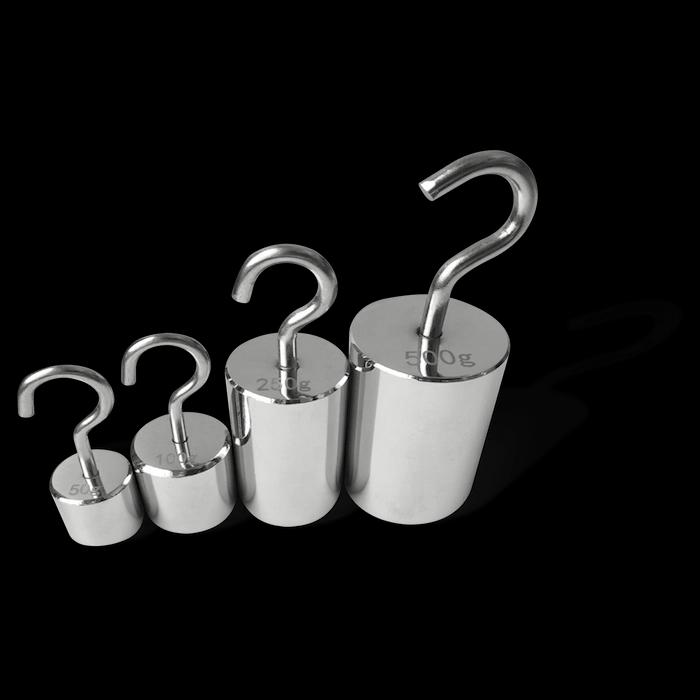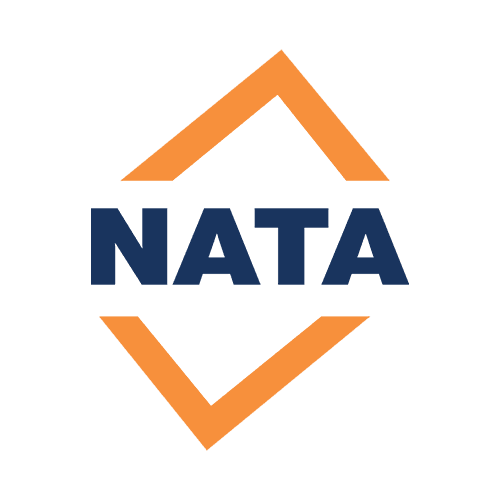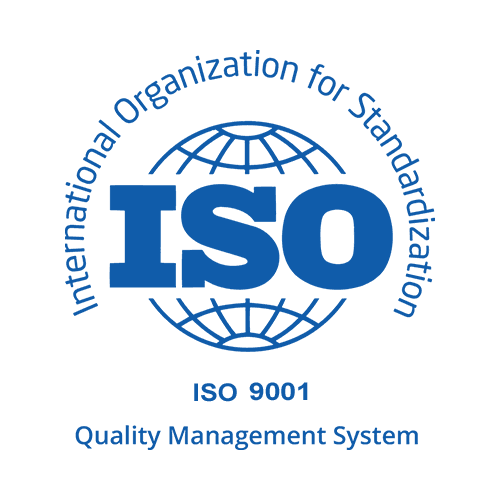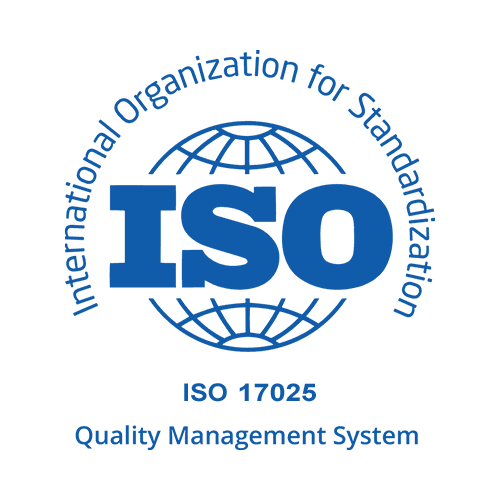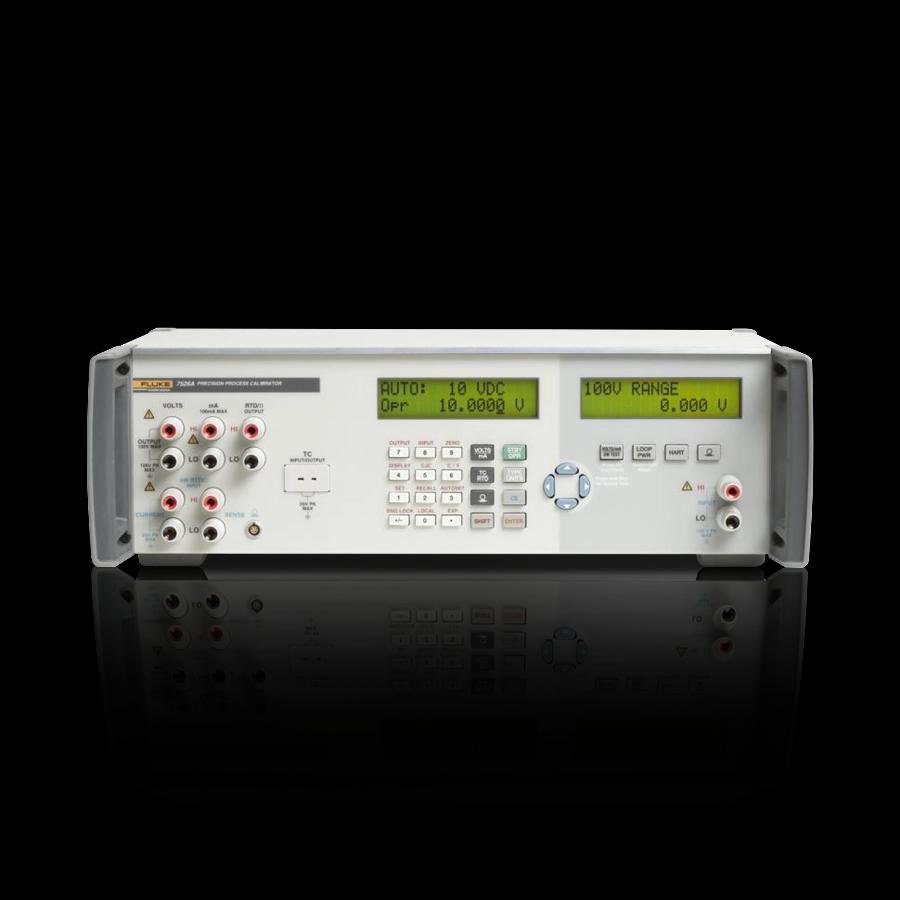Mass calibration, also known as weight calibration, is the process of measuring and adjusting the accuracy of a weighing device, such as a scale or balance. This ensures that the device is providing accurate and precise measurements of weight, and helps to prevent errors in weighing operations.
The importance of mass calibration is that it helps to ensure accurate and precise measurements, maintain the quality of the final product, and prevent errors that could have a negative impact on safety, compliance, and financial performance. In many industries such as manufacturing, pharmaceuticals, food production and chemical manufacturing, accurate weight measurements are critical for maintaining the quality of the final product and ensuring the safety of workers and the public. Mass calibration also helps industries to comply with legal regulations and avoid financial losses.
In Australia, there are several standards and certifications that may be required for mass calibration. These include ISO/IEC 17025, which is the international standard for laboratory competence, and NATA (National Association of Testing Authorities), which is the Australian accreditation body for laboratory testing and calibration. Additionally, many industries have their own specific regulations and standards that must be followed.
Many industries use mass calibration services, including the manufacturing, pharmaceuticals, food production, chemical manufacturing, cargo and shipping industries.
At CI Scientific, we understand the importance of accurate mass measurements. That's why we offer a range of mass calibration services to meet the needs of different industries. Our team of experienced metrologists use state-of-the-art equipment and techniques to provide fast and reliable mass calibration services. We also have our own in-house metrologist which ensures that we have a high level of expertise and experience in the field, and can provide guidance and advice on the best calibration methods for a specific application. Additionally, we maintain accurate and detailed records of the calibration process, including the equipment used, the measurement uncertainty, and the results of the calibration, which is important for quality control and auditing purposes.
Don't let inaccurate mass measurements put your equipment or your workers at risk. Contact us today to schedule your mass calibration service and ensure the safety and accuracy of your equipment.
Mass calibration typically involves the use of several types of equipment, including:
- Mass standards: These are highly accurate and precise weights that are traceable to national or international standards. They are used as reference standards for calibrating other weights or for checking the accuracy of a balance or weighing scale.
- Analytical balances: These are highly accurate and precise balances that are used for measuring small masses. They are often used in laboratories for applications such as weighing chemicals or determining the mass of a sample.
- Precision weights: These are weights of known mass that are used to calibrate analytical balances and other precision weighing instruments. They are typically made of materials such as stainless steel, brass or aluminum.
- Weighing scales: These are devices used to determine the weight of an object. They can be used for a variety of applications such as industrial, commercial or laboratory use.
- Mass comparators: These are instruments that compare the mass of an object to a reference mass. They are used to calibrate mass standards and other high-precision weighing instruments.
In summary, any equipment or machine that is used to apply torque to fasteners or other components, or that has torque settings that can be adjusted, may require torque calibration to ensure that it is providing the correct amount of torque for a specific task and to ensure the safety and accuracy of equipment.
Mass calibration, a technique for ensuring accurate mass measurement, is widely used across industries that require precision. Industries that commonly utilize mass calibration include:
- Manufacturing industry: Mass calibration is essential in the manufacturing industry to ensure accurate measurements of raw materials and finished products, which helps to maintain the quality of the final product.
- Pharmaceutical industry: Accurate weight measurements are critical for ensuring the safety and efficacy of pharmaceutical products, and mass calibration helps to ensure that weighing devices used in this industry are providing accurate and precise measurements.
- Food production industry: Accurate weight measurements are important for ensuring the safety and quality of food products, and mass calibration helps to prevent errors that could lead to food contamination or other issues.
- Chemical industry: Accurate weight measurements are important for ensuring the safety and quality of chemical products, and mass calibration helps to prevent errors that could lead to chemical spills or other accidents.
- Cargo and shipping industry: Accurate weight measurements are essential for billing and cost control, mass calibration helps to avoid financial losses due to inaccurate measurements.
- Laboratory: Mass calibration is used in laboratories to ensure accurate measurements of samples, which is important for research and development, quality control, and compliance with regulations.
- Construction industry: Mass calibration is used in the construction industry to ensure accurate measurements of materials, which is important for cost control and compliance with regulations.
In summary, mass calibration is used in many industries where accurate weight measurements are important for maintaining the quality of the final product, ensuring the safety of workers and the public, compliance with regulations, and financial performance.
- National Association of Testing Authorities (NATA) accreditation for laboratories: This is a requirement for laboratories that want to be recognized as providing reliable and accurate test and calibration results, and it ensures that the laboratory has the necessary technical competence and quality management systems in place.
- ISO/IEC 17025:2017 standard for laboratory management and technical requirements: This is an international standard that outlines the general requirements for the competence, impartiality, and consistent operation of laboratories. It helps to ensure that laboratories have the necessary technical and management systems in place to produce accurate and precise results.
- Measurement traceability to national standards through the use of reference standards and equipment: This is necessary to ensure that measurements made by the laboratory are directly traceable to national standards, and that measurement results are accurate and consistent.
- Regular participation in inter-laboratory comparison and proficiency testing programs: This helps to ensure that the laboratory's measurement results are comparable to those of other laboratories and that the laboratory's measurement capabilities are in line with industry standards.
- Compliance with relevant legal and industry-specific requirements: This is necessary to ensure that laboratory measurements are in compliance with relevant laws and regulations, such as those for food testing or medical devices.
